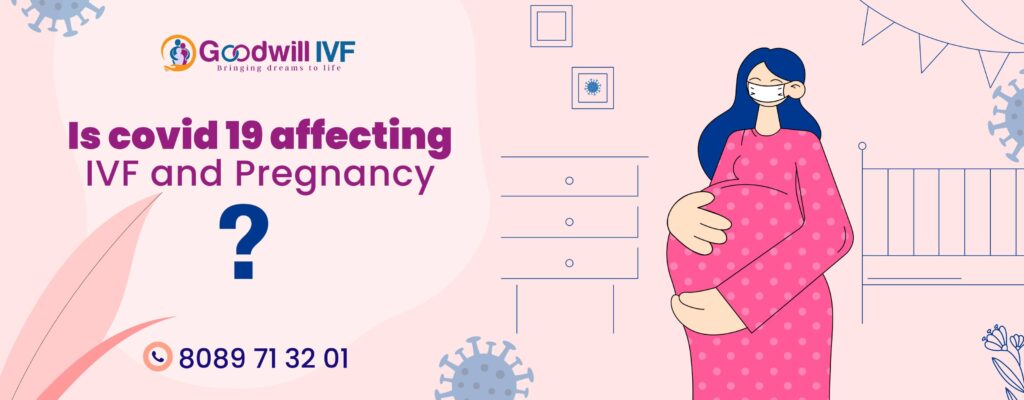It is a fact that people all over the world are talking about infertility more than ever. However, it is still not enough.
We have progressed to the extent that now, infertility is considered something normal, but the thought has not reached everyone or is not received well by all.
Some people still do not value the paramount developments made in medical research that led to the devising of treatments that provide a ray of hope to couples who are not able to conceive. They feel it’s some sort of embarrassment to speak about it in public.
This stigma is not something related to the present times. An infertile woman has been addressed by derogatory terms in our society, our literature, our films, and pop culture, both in the past and present. She was and is depicted as someone different from a woman-proper. And if that woman dreams of building her family, by taking the help of technological advancements, she is deemed to be a female who waited for long and is now taking matters into her own hands and is trying to go against “nature”.
These depictions and portrayals should have at some point or the other, sunk into the psyche of women who could not conceive and made them too affected by the stigma of infertility. They might have felt, they are different from their fertile peers or less than a “normal” woman just because they are not able to give birth, the natural way.
Why does Infertility Advocacy matter?
Earlier, talking about infertility was not that common and it’s pretty obvious. It is a struggle phase that a woman is going through, and she would naturally not feel okay to join conversations about the issue and if, at all she does, it would worsen her feelings. The “shame” would not let her speak up.
When an infertile woman thinks about herself, her thoughts revolve around all those things that infertility has taken away from her: her fertility, the sense of control in her life, and of her body, sometimes even her hopes and plans. Infertility can make her hopeless, weary, frustrated, anxious, numb, angry. It can get on her nerves. She feels pathetic. She might feel empty inside, or else, she would be able to sense the dark shadows of infertility following her, acting as a constant reminder of her condition.
In the 2010 self.com article, This Woman Has a Secret by Jennifer Wolff Perrine, Barbara Collura, the President and CEO of RESOLVE, the National Infertility Association of USA, states that the organization could only get a handful of their volunteers to speak up because of the “shame”. She said, “because we have so little patient advocacy, we have so little progress.”
The patients have to fight for themselves. Then only others will come forward and fight for them. This is what a one-time infertility patient had mentioned in that article.
After that article was written, things started changing. Women started writing and speaking openly about infertility. Once it happened, it instilled courage in others, to do the same. By talking about their battle, they are reclaiming the years that they lost to infertility and getting some of the power back.
Infertility advocacy is important because the stigma is still alive. Infertile women are being blamed for their infertility and then judged for the way they try to nurture their dreams.
Kids conceived through fertility treatments need to be told by their parents how some very nice doctors helped them when they couldn’t make them on their own.
Some amazing advocacy work is going on in the world and their work needs to be shared with the rest of the world.
By normalizing infertility and speaking about grief, people won’t feel that infertility is something to be “embarrassed” by and would value the heartache the battle caused.
You can advocate Infertility
You can also advocate Infertility and transform into a warrior, without any huge time commitment. Advocating on a small scale can be beneficial for you and others. You can help others because you have been through what they are facing now.
Speak up if infertility myths and misconceptions come up during conversations. You can simply offer a voice of reason. Educate people on Infertility and refute myths through fact-correcting articles. Talking about your fertility struggles can empower you and also help others break their silence on infertility.
Spread relevant information on social media. Advocate for yourself. Ask questions to your doctors about risks, options, and costs. Seek out the best clinic for you. Write to your insurance company and apply for coverage. Know what your options are. Self-education (from reliable sources) is a must.
Support others with infertility by joining or starting a support group. Participate in infertility awareness events. Donate to organizations that support the Infertility community.
Goodwill IVF Treatment Center is the best IVF Treatment Center in Kerala, that offers the much-needed care in your journey towards parenthood. Goodwill supports your cause and our specialists guide you in the best possible way, understanding your struggle. With Goodwill IVF, you are in the safest hands for a step towards fulfilling your dreams.


